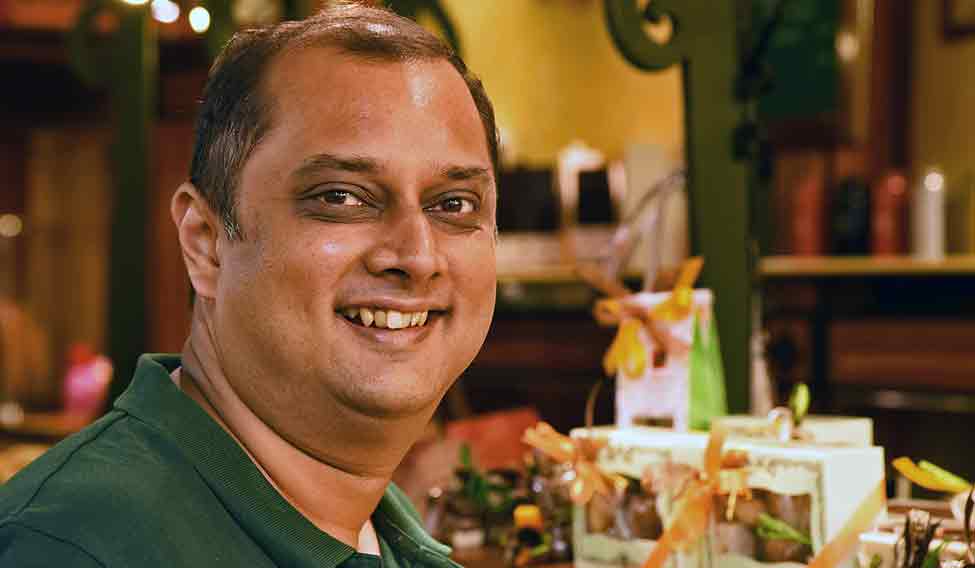Everyone is a food critic today.” This is a statement of exasperation often made by hoteliers and restaurants today, and more privately, at times, by professional food critics, too.
There is no denying the fact that social media explosion has redefined the world of food critiquing, just as it has changed many other aspects of conventional mass media.
Food critiquing in India, till recently, was the domain of writers for mainline publications. Most had a byline, and were not really anonymous. Then came blogging, and suddenly it was a bit of a Wild West out there, with people who were unknown to the hospitality industry blogging about their restaurant experiences. The content would be diary-like, with no previous training or experience in writing but driven by passion. And, their content was independent of editors or sponsors and reflected varying degrees of literary expertise or the lack of it.
Then a bit of an Orwellian Animal Farm phenomenon happened—marketers discovered the world of blogging. Suddenly, bloggers were invited to the world of wining and dining, which was once the exclusive domain of mainstream journalists. Somewhere, down the line, blogging lost a bit of its innocence.
That was not the end of the story. New social media emerged. There was Facebook, Twitter, Instagram, Snapchat and user generated sites such as Zomato. Things couldn’t get better for a nation where everyone loves to give their opinion and where everyone loves food. Soon, everyone was out there, clicking pictures of their food and giving their opinions on it. Those who readers connected with began to get a following and are today called ‘social media influencers’. Food critiquing no longer remained the area of well-travelled journalists with years of experience and perfect grammar.
The influencer space began to reflect that there are many audiences out there. The fact that for a collegian, looking to take out a date with patiently saved up money, a Snap from a classmate on a biryani that could be shared by two and which came at a discount post 8pm would be more relevant than an experienced food critic or a blogger in his 40s writing about the difference between the foie gras and mousse canard in a charcuterie in Nice.
Does this mean that food critics are redundant today?
Not really. Those who have learnt to adapt with the times and take to new media, like a Test cricketer did to One-Day matches and then to T20 cricket, continue to thrive as there is no substi-tute to class.
What the democratisation of media has done, however, is that it has created new influencers and it reflects the fact that not every reader is the same. That it is fine to have an opinion on food and share it. That there are no experts when it comes to food. That it is the love for food and passion for it that matters at the end, and having a distinctive and consistent voice. It has helped celebrate the world of food and has helped everyone grow in the process.
As for me, what I look for while deciding where to eat is someone who has proved to have similar taste in food as mine, is consistent in their opinions, honest and without an agenda, and can explain their reason for recommending or running down a dish or a restaurant. It doesn’t matter to me if the person is a professional critic or just a good soul with good taste.
Kalyan Karmakar is a food and travel blogger (finelychopped net).





